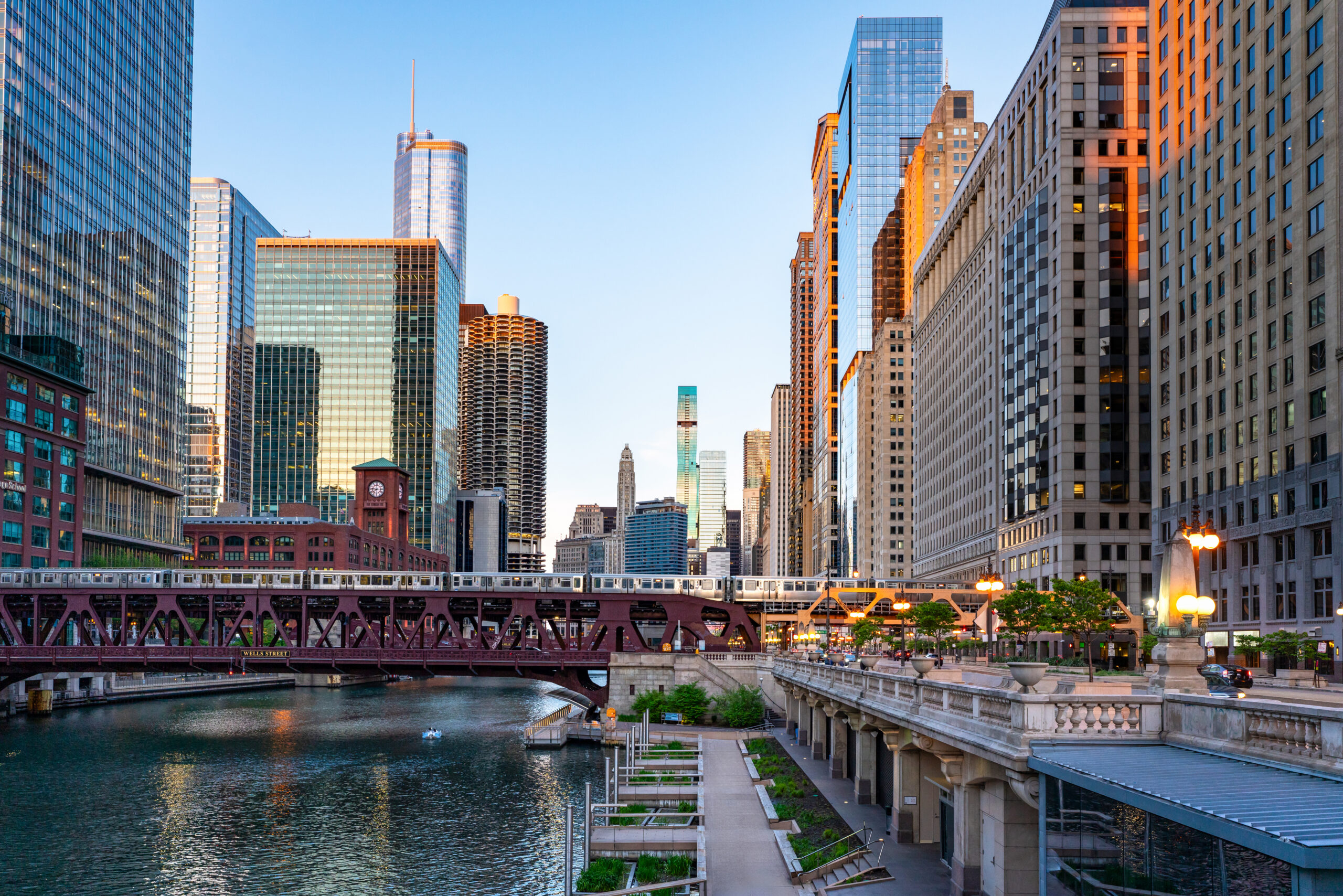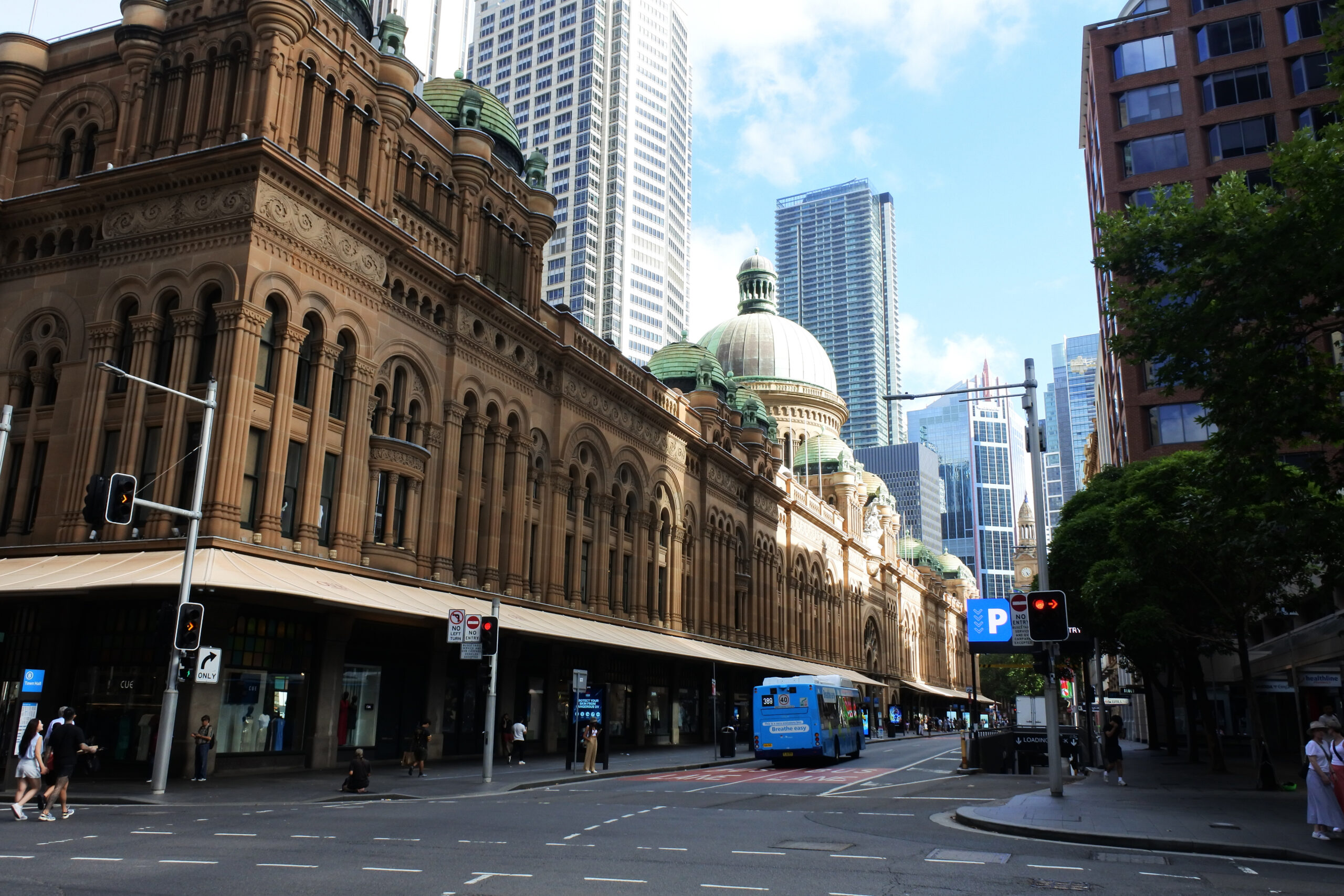Company News: Green Street Adds Advanced Sales Comps to College House, Driving Greater Platform Value
Thought Leadership
Market insights that move the industry
Explore expert commentary and insights, blogs, reports, and news—curated by Green Street’s
top minds in real assets and trusted by leading industry professionals.
top minds in real assets and trusted by leading industry professionals.
-
InfrastructureStart the new year with a clear view of the forces reshaping M&A and project financing in the power and renewables sectors across the Americas. Our first 2026 issue of the Americas Power Finance & Risk Bulletin newsletter breaks down the major themes driving transactions, development, and capital flows across the region. Interested in reading […]January 13, 2026

-
InfrastructureThe IJGlobal Digital Infra report “Power to the Bitcoin bros” examines how Crypto miners are powering the future of AI. Some have transformed into GPU-as-a-service (GPUaaS) providers, while others have evolved into colocation and hyperscale data center operators. What began as a disruptive technology aimed at reshaping the global monetary system and political landscape is […]November 19, 2025

-
InfrastructureThe Q3 2025 Funds & Investors Report provides a detailed analysis of fundraising and transaction activity across the infrastructure market. It pinpoints the trends shaping the future of the fundraising environment and helps provide you with an understanding of your position during the first 9 months of 2025. Fundraising within the infrastructure fund space was […]October 23, 2025

-
InfrastructureIJGlobal’s Q3 2025 Infrastructure and Project Finance League Table report provides a comprehensive review of the market activities, key players, regions, and sectors that have shaped the global infrastructure finance & energy finance market over the first 3 quarters of 2025. The report also provides insights into M&A, PPP, and Capital Markets activity, alongside league […]October 15, 2025

-
InfrastructureThe first half of 2025 saw a decrease in North America’s infrastructure finance activity compared to 2024, with transaction activity led by the oil and gas, telecoms, and power sectors. According to IJGlobal data – at the time of publication, but subject to change as more data becomes available – the value of infrastructure finance […]August 20, 2025

-
InfrastructureEurope saw a downward trend in infrastructure finance activity in the first half of 2025 amid global uncertainty, with transaction activity led by the renewable energy and transport sectors. According to IJGlobal Data – accurate at the time of publication, but subject to change as more data become available – infra finance transactions decreased by […]August 20, 2025

-
EuropeLondon, 12th January 2026 – The Green Street Commercial Property Price Index, which measures pricing of a broad swathe of European commercial properties, continued its gradual recovery in the fourth quarter of ’25, up two percent in the year, in-line with its ’24 performance. Across traditional property sectors, industrial and residential transaction volumes bounced back […]January 13, 2026
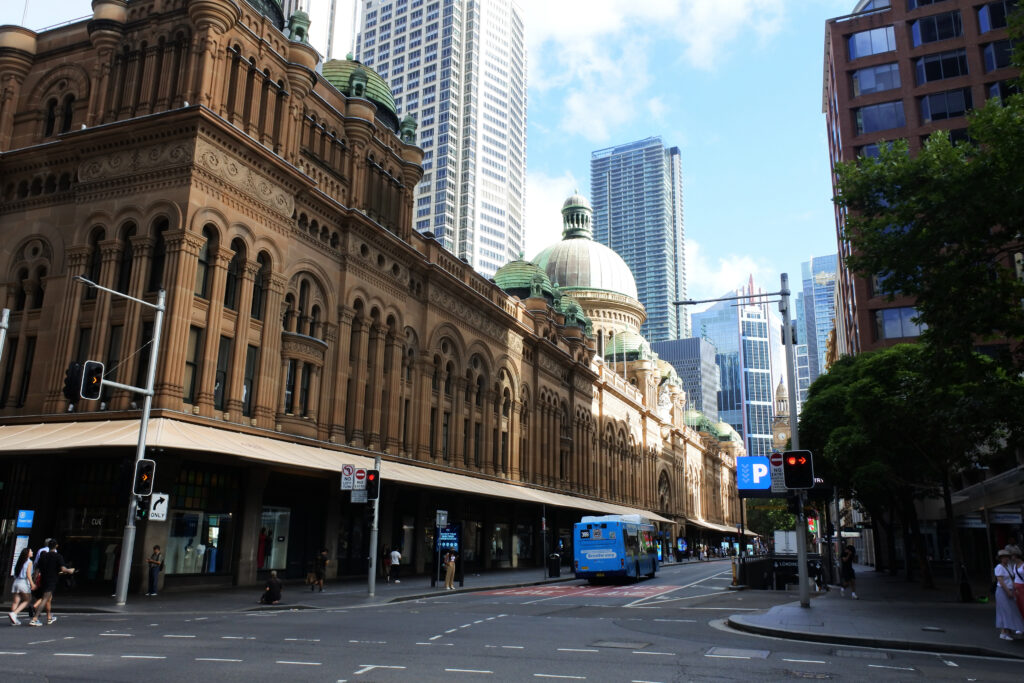
-
United StatesNewport Beach, CA, January 7, 2026 — The Green Street Commercial Property Price Index® decreased 0.1% in December. Over the past twelve months, the all-property index has increased 2.3%. “Property prices increased 2% last year, and that’s about where I’d set the line for ’26,” said Peter Rothemund, Co-Head of Strategic Research at Green Street. […]January 7, 2026

-
United StatesNewport Beach, CA, December 4, 2025 — The Green Street Commercial Property Price Index® increased 0.8% in November. Over the past twelve months, the all-property index has increased 2.4%. “Commercial real estate is fairly valued versus corporate bonds, and for the most part, that’s how it’s been priced all year,” said Peter Rothemund, Co-Head of […]December 4, 2025

-
United StatesNewport Beach, CA, November 6, 2025 — The Green Street Commercial Property Price Index® increased 0.2% in October. Over the past twelve months, the all property index has increased 3.1%. “The slow, steady recovery in property prices remains on track,” said Peter Rothemund, Co-Head of Strategic Research at Green Street. “Most of the price appreciation […]November 6, 2025

-
EuropeLondon, 7th October 2025 – The Green Street Commercial Property Price Index, which measures pricing of a broad swathe of European commercial properties, continued its gradual recovery in the third quarter, settling c.5% above the late-’23 trough. Economic growth prospects remain modest given immigration policy debates and global trade tensions, but the EU-US deal helped […]October 14, 2025
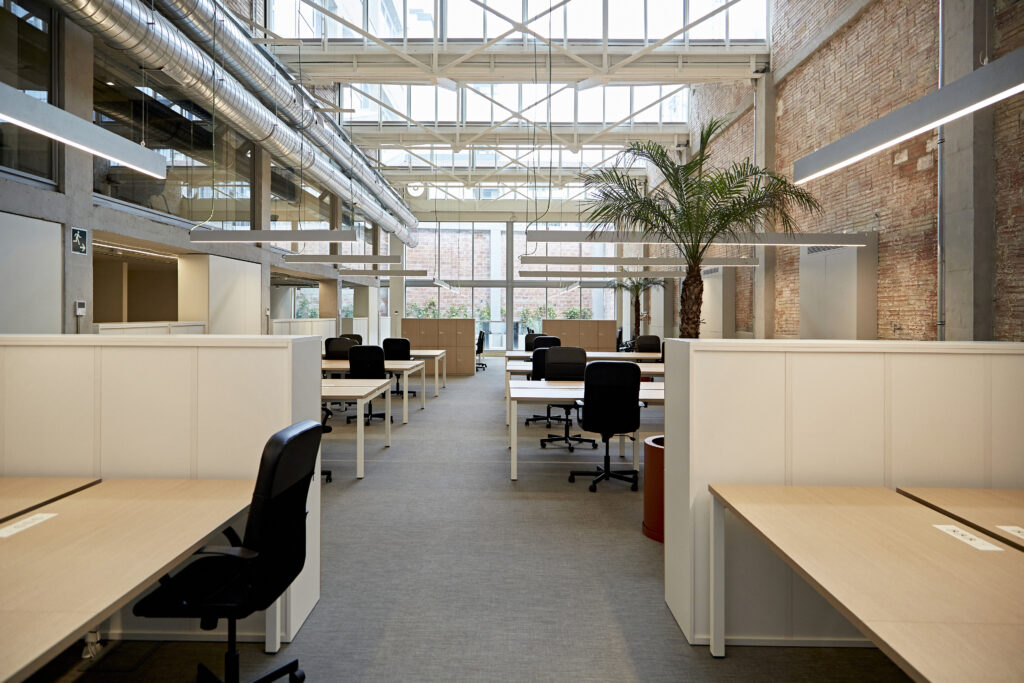
-
United StatesNewport Beach, CA, October 6, 2025 — The Green Street Commercial Property Price Index® increased 0.2% in September. Over the past twelve months, the all-property index has increased 2.9%. “Transaction volumes have recovered nicely, and pricing has been steady, with not too much pressure one way or the other,” said Peter Rothemund, Co-Head of Strategic […]October 6, 2025
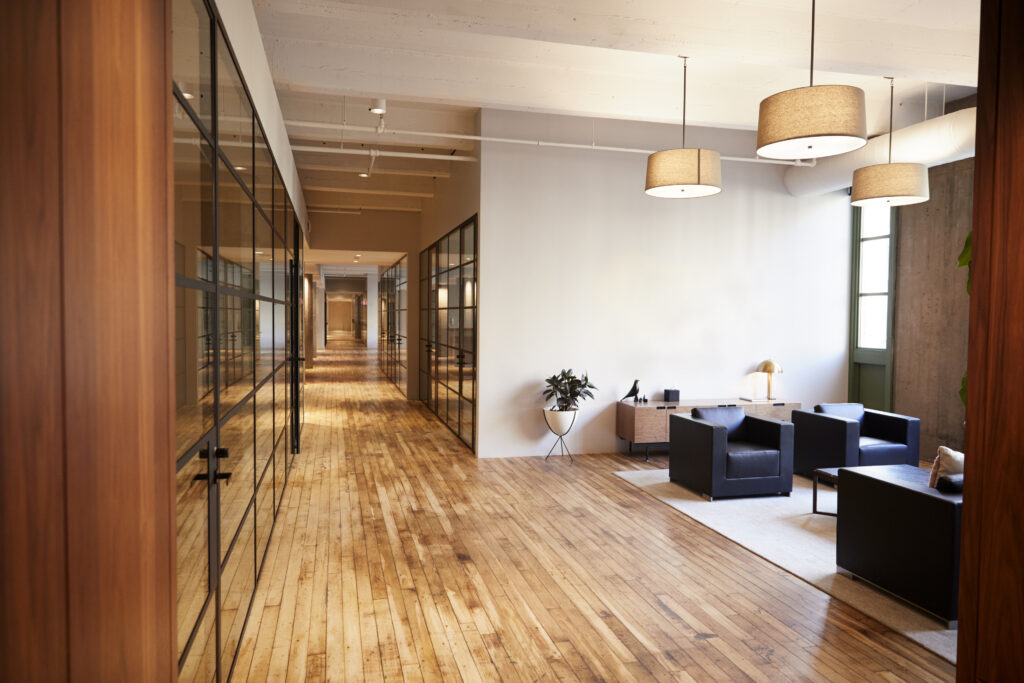
BEYOND JUST DATA
Smarter decisions start with sharper insights.
FORWARD-LOOKING INSIGHT & INTELLIGENCE
Stay ahead with expert content that fuels strategy
150+
Blogs
90+
Featured Reports
16+
Topics

RECENT POSTS
Trending insights from our analysts
Latest blogs, news, and reports
Browse the latest content for timely insights that sharpen strategies and deepen industry expertise
Press & news room
Keep up with every Green Street move on product updates, new releases, and more
Our latest blogs & articles
Keeping you informed with best practices, expert insights, and latest trend analyses.
-
Top stories in US CRE News this week: Asset Backed Alert 01.16.26Prestige Closing Tied to MLB-Franchise Push The Nov. 20 shuttering of Prestige Financial Services’ auto-loan origination business was tied in part to an effort by its owner to bring a Major League Baseball team to Salt Lake City. The move initially appeared to reflect a straightforward […]January 20, 2026
-
Artificial Intelligence (“AI”) infrastructure has been the darling of the real assets space in recent years. Individual data center leases are now measured in gigawatts, no longer megawatts, and costs have incrementally grown by the billions as cloud services and AI demand have combined to create a historical need for space and power. Data continues to be created at an accelerated pace. The role of the data center has expanded from storage to training and […]January 15, 2026
-
Top stories in US CRE News this week: Asset Backed Alert 01.09.26 Opposing Forces Inform CLO Outlook The collateralized loan obligation market is headed for another busy year in 2026, though issuance might not top 2025’s record. New-issue volume is poised to benefit from a growing supply of collateral loans as anticipated interest-rate cuts by the Federal Reserve […]January 14, 2026
-
Top stories in US CRE News this week: Real Estate Alert 1.06.26 Global Mutual Eyes Double for San Diego Site A developer is shopping a fully entitled development site in San Diego for double what it paid for the land last year. The nearly 13-acre parcel, dubbed Costa Verde, has an estimated value of $240 million to $300 […]January 7, 2026
-
Top stories in US CRE News this week: Asset Backed Alert 12.12.25 Tricolor ABS Investors Scrutinize JPMorgan A group of asset-backed bond investors represented by law firm Quinn Emanuel is asking why JPMorgan Chase continued to provide Tricolor Auto with warehouse lines and ran two of its securitizations this year despite scuttling a 2024 plan to take the company public […]December 16, 2025
-
Top stories in US CRE News this week: Asset Backed Alert 12.05.25 StoneX Plots ABS Banking Team Buildout StoneX is laying the groundwork for a robust buildout of its capital-markets group. The New York-based operation’s unit is slated to be led by Robert Sannicandro, who left Deutsche Bank in October after 10 years, with plans to join StoneX […]December 10, 2025
-
In commercial real estate (CRE) investing, the distinction between “core” and “non-core” strategies is broadly employed, yet the specific return premiums that should accompany higher-risk investments are difficult to pinpoint. This is where defining – and quantifying – the risk premium of any given investment is crucial. A core investment is usually defined under the […]December 4, 2025
-
Top stories in US CRE News this week: Real Estate Alert 12.02.25 Lender NewPoint Enters Property-Sales Fray NewPoint Real Estate Capital, a well-known agencv and bridge lender, has entered the investment-sales business with the hire of an industry veteran to arrange healthcare-property trades. Tim Cobb joined NewPoint on Nov. 24 as a managing director reporting to Erik Lindenauer, […]December 3, 2025
-
Top stories in US CRE News this week: Asset Backed Alert 11.21.25 Utility-Bond Reclassification Fight Heats Up Spurred by an SEC move to revisit its securitization disclosure rules, a state governor, joined by several state regulators, is again asking the agency to reverse its decision classifying utility-fee bonds as asset-backed securities rather than corporate debt. Colorado Gov. Jared […]November 26, 2025
-
Commercial real estate investors define multifamily, office, retail, and industrial as “core” sectors. Demand drivers are well studied, tenant bases are diversified, and cash flows tend to be predictable. These characteristics make core sectors highly investable in the eyes of institutional capital, creating deep, liquid markets that reinforce their perceived safety and attractiveness – a […]November 25, 2025
-
Top stories in US CRE News this week: Asset Backed Alert 11.14.25Tricolor Parties Lock in Legal Representation Various parties with ties to Tricolor Auto’s financing facilities have retained legal representation in anticipation of a slew of lawsuits tied to the subprime auto lender’s implosion. Meanwhile, market participants increasingly are coalescing around the idea that additional oversight of […]November 19, 2025
-
Top stories in US CRE News this week: Asset Backed Alert 11.07.25 Govt. Shutdown Freezes SEC’s Tricolor Probe The U.S. government shutdown has all but frozen SEC investigations, including early efforts to unpack the sudden closure and bankruptcy of bond issuer Tricolor Auto. With its staffing depleted by the Trump Administration, the SEC’s enforcement unit already was struggling […]November 11, 2025
-
Within the broad topic of “how to invest in commercial real estate?”, there is a hotly debated topic on the merits between public (listed) real estate and direct private market investing. The debate over whether REITs truly represent real estate is still ongoing, despite decades of academic and practical evidence confirming REITs as excellent real […]November 6, 2025
-
Top stories in US CRE News this week: Asset Backed Alert 10.31.25New Fiber-Bond Issuers Enter the Queue Several potential new issuers of bonds backed by fiber-optic network receivables met with investors and other market players at ABS East. Bluepeak and Boingo Wireless were among the companies that discussed their securitization plans with investors at the […]November 4, 2025
-
Top stories in US CRE News this week: ABA 10.24.25 JPMorgan Engineered, Nixed Tricolor IPO A year before Tricolor Auto’s sudden implosion, JPMorgan Chase tried to take the subprime auto lender public. The effort began to unravel, however, when JPMorgan bankers assigned to the project discovered what one source described as financial irregularities at Tricolor while […]October 28, 2025
-
Housing affordability in the United States has entered one of the most strained periods in the last two decades, driven by a combination of surging mortgage rates, stubbornly high home prices, and wage growth that failed to keep up with home price appreciation. Since early 2021, total homeownership costs, which include mortgage payments, insurance, and […]October 28, 2025
-
ABA 10.24.25 JPMorgan Engineered, Nixed Tricolor IPO A year before Tricolor Auto’s sudden implosion, JPMorgan Chase tried to take the subprime auto lender public. The effort began to unravel, however, when JPMorgan bankers assigned to the project discovered what one source described as financial irregularities at Tricolor while raising concerns about the prior dealings of the […]October 27, 2025
-
Top stories in US CRE News this week: Asset Backed Alert – 10.17.2025 Whole-Business Refi Bonanza Hits Market The whole-business cashflow securitization sector is in the midst of a repricing surge. After a sluggish first half, securitization sponsors since midyear have been lining up to take advantage of contracting spreads to issue new debt to refinance […]October 22, 2025
-
In today’s shifting landscape, investors, lenders, brokers, and advisors alike are under pressure to make decisions backed by data rather than intuition. The challenge? Commercial real estate generates an overwhelming number of data points, from occupancy rates to cap rates to job growth. Knowing which commercial real estate metrics actually matter is what separates strategic […]October 16, 2025
-
Top stories in US CRE News this week: Asset Backed Alert – 10.03.2025 September ABS Issuance Breaks Record There never has been a bigger September for issuance of asset-backed securities in the U.S. During the month, issuers in the States priced $35.3 billion of such securities, according to Asset-Backed Alert’s ABS Database. It was the most […]October 8, 2025
-
Assessing commercial real estate (CRE) fund flows is an important aspect of understanding where investment opportunities may lie, whether one is a large investment manager or someone new to the industry. Sourcing capital (finding capital) is a key element of optimizing the real estate investment process given that it is the lifeblood of the business. […]October 7, 2025
-
Top stories in US CRE News this week: Real Estate Alert – 9.30.2025 Student-Housing Listing Is Largest in 2 Years The nation’s priciest single-asset student-housing listing since 2023 has hit the market in Ann Arbor, Mich., with a price tag of roughly $190 million. Beekman on Broadway has 540 units with 706 beds and serves students […]October 1, 2025
-
Top stories in US CRE News this week: Real Estate Alert – 9.16.2025 Big Auto Dealership Portfolio Hits the Road A portfolio of 24 properties — 22 of which are auto dealerships — is up for grabs and expected to command bids of $500 million, setting the stage for one of the niche sector’s largest trades […]September 19, 2025
-
Across the retail property sector, the primary factor in calculating the financial return of an asset is its rental income. Therefore, gaining a detailed view and understanding of the potential risk to total income is vital when evaluating tenants within a portfolio. Why Is Measuring Risk Important to Retail Investors? The UK retail sector has been […]August 12, 2025
-
Proven and trusted in the U.S., Green Street’s Trade Area Power (TAP) Scores have become a go-to benchmark for assessing the local demographic strength of an asset, with TAP scores referenced in our research notes widely to support analysis of assets. Now, this powerful tool is set to launch in the UK, within Retail Analytics […]July 30, 2025
-
Over the last decade, London’s iconic shopping streets have undergone dynamic changes in both vacancy rates and retail mix. In this post, we examine how these changes have unfolded across five key locations – Carnaby Street, King’s Road, Long Acre, Marylebone High Street, and Regent Street – and what these trends reveal about the Capital’s […]May 27, 2025
-
High Street Rental Auctions (HSRAs) mark a notable shift in retail and town centre policy. Introduced by the UK government, this initiative is designed to tackle long-term vacancies in commercial properties by empowering local councils to auction leases on retail units that have been unoccupied for over a year. At Green Street, our granular data […]April 10, 2025
-
Over the course of 2024, Green Street have seen that investment activity in the retail sector is gaining significant momentum. Last week, PwC published their bi-annual report, featuring proprietary data from Green Street, highlighting the positive shift in retail through the latest openings and closures of chain stores, leisure venues, and service outlets across Great […]March 27, 2025
-
In light of the recent news that Prada has acquired the building housing its flagship Miu Miu store on New Bond Street for approximately £250 million, we take a closer look at the historical retail landscape of this iconic shopping destination and explore how it compares to other leading luxury retail hubs across Europe. Luxury […]March 13, 2025
-
Estimating the total retail floorspace across Great Britain has long been a complex challenge for stakeholders in the retail property sector. However, Green Street, following its acquisition of LDC’s granular POI dataset, has harnessed cutting-edge data science and analytical capabilities to model floorspace across 700,000 plus retail units across GB. This landmark development provides new […]March 13, 2025
In a fast-moving market, timely insight is key. Stay informed with Green Street’s expert takes and stay armed for an agile market.
